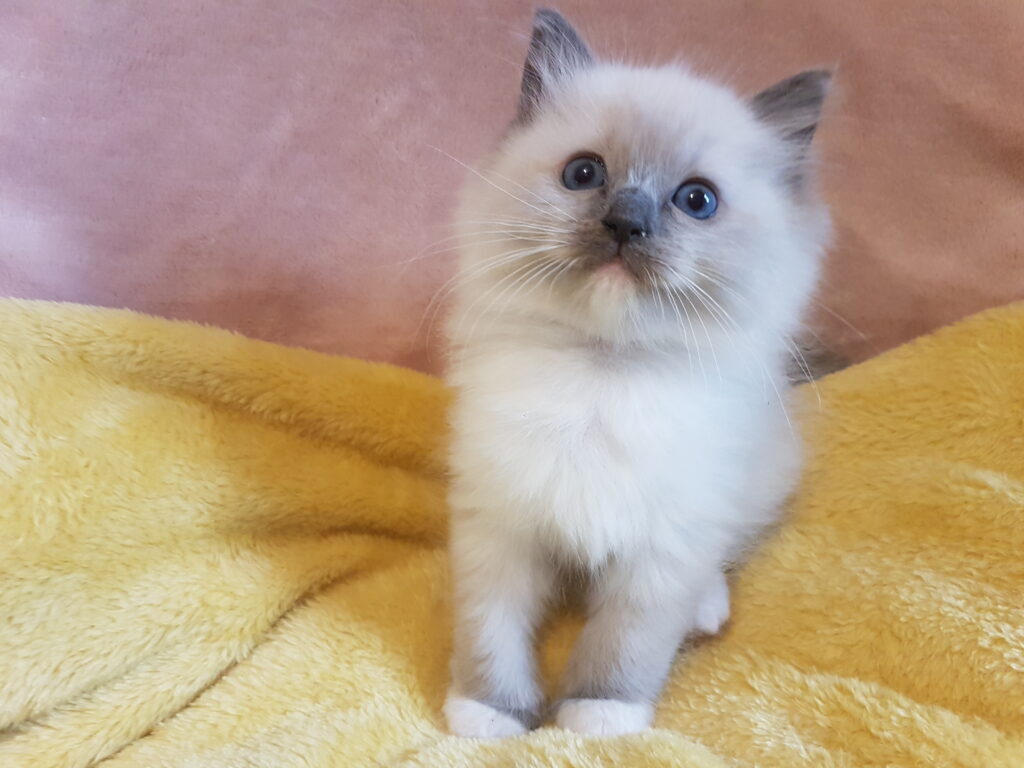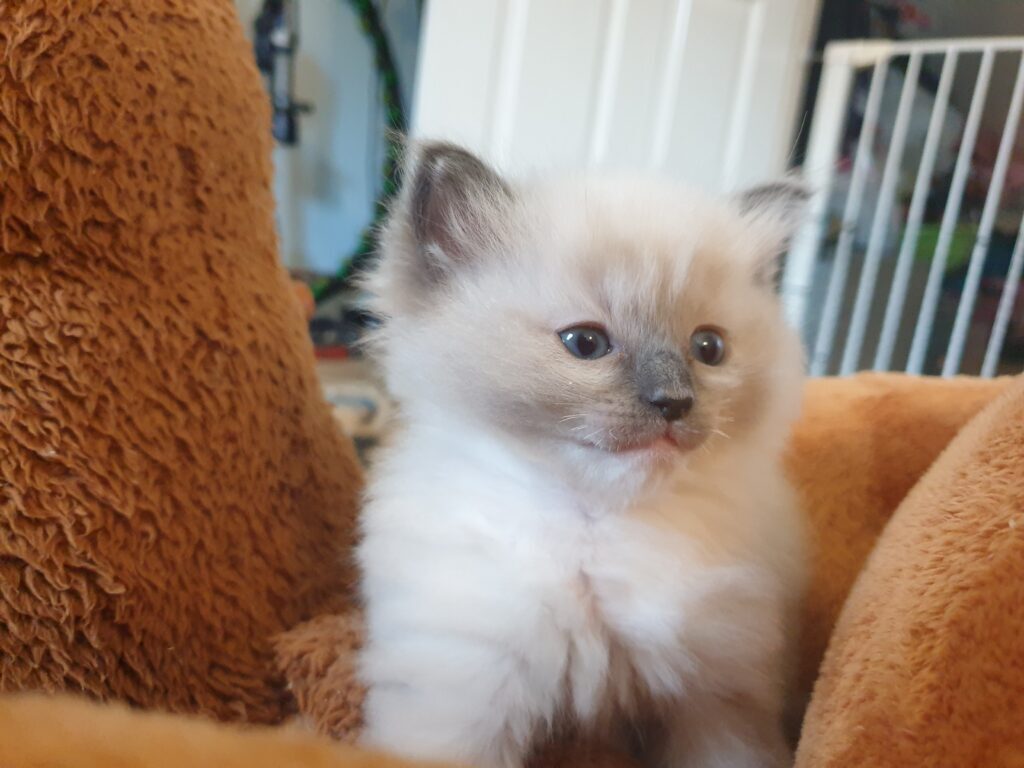Important! Kittens Sold As Pets.
Concerned breeders do their best to ensure that only the kittens they consider suitable for breeding are bred from. Kittens which are not sold specifically for breeding are usually registered on the Non-Active Register; this means that if, against the breeder’s wishes, they are bred from, their kittens cannot be registered. Kittens may be registered on the Non-Active Register for various reasons: •they may not, in the opinion of their breeder, be good examples of their breed •there may be a risk of hereditary disease •the mother may have had breeding problems which could be hereditary •or the breeder may simply wish to be sure that the new owner is a suitable person, with help and advice, to breed from the kitten – and has the time and facilities to do so. When a kitten which is registered on the Non-Active Register is sold, it should be pointed out, in writing, to the new owner that the cat has been sold as a pet or a show neuter and not for breeding. If such a cat is registered with another organisation, the Non-Active registration should be respected and the papers endorsed “not for breeding”. Similarly, if a cat whose papers are endorsed “not for breeding” is imported onto the GCCF Register it is registered on the Non-Active Register. Only the breeder, or the person who originally registered the cat, may change a registration from the Non-Active Register to the Active Register. A change from Active to Non-Active Register requires a request from the current registered owner of the cat plus, if the cat is going to be transferred, the signature of the intended new owner. However, despite all such precautions, many breeders have become aware that kittens they have sold as pets have, despite their wishes, been bred from. The resulting kittens are sold unregistered, often to unsuspecting new owners who only discover later that their kitten cannot be registered or shown. Early neutering The only way breeders can be certain that the kittens they sell cannot be bred from is to neuter them before they are sold. Early neutering has been carried out in Australia, New Zealand and the United States of America for many years and is now gaining popularity in the UK, where some breeders have also been “converts” for many years. Despite some historical worries about the growth and development of kittens which are neutered early, studies have demonstrated that there are no adverse effects provided that a suitable anaesthetic is used. The Cat Group, of which the GCCF is a member, has produced a policy paper on neutering which emphasises the benefits of early neutering in both pedigree and non-pedigree cats. This is available on the website – www.thecatgroup.org.uk – and from the FAB Office, Taeselbury, High Street, Tisbury, Wilts SP3 6LD. There is an accompanying paper on Anaesthesia for Neutering Kittens which may be of interest to your veterinary surgeon. Although the paper makes the assumption that most pedigree kittens will be sold un-neutered, many breeders have found that the optimum time for neutering is a week or two after the second vaccination, to allow the kittens to develop good immunity and recover from any stress caused by the vaccination. They recover from the operation far more quickly than older kittens and are generally ready to go to their new homes a week or so later. Although this will, obviously, mean more expense to the breeder, the cost of the operation can be included in the price of the kitten. Most genuine pet kitten buyers are delighted to find that although their kitten may cost a bit more, it will not require a routine visit to the veterinary surgeon for a whole year! Neutered kittens are at no disadvantage on the show bench, being shown in the same classes as the un-neutered kittens of their breed.



Tagged Birmingham, Ragdoll Cat, ragdoll kettens for sale, ragdoll kettens for sale UK, Ragdoll Kitten delivery service UK, Ragdoll Kittens For Sale East Anglia, Ragdoll Kittens For Sale Edinburgh, Ragdoll Kittens For Sale Exeter, Ragdoll Kittens For Sale London, Ragdoll Kittens For Sale Scotland, Ragdoll Kittens For Sale Wales
